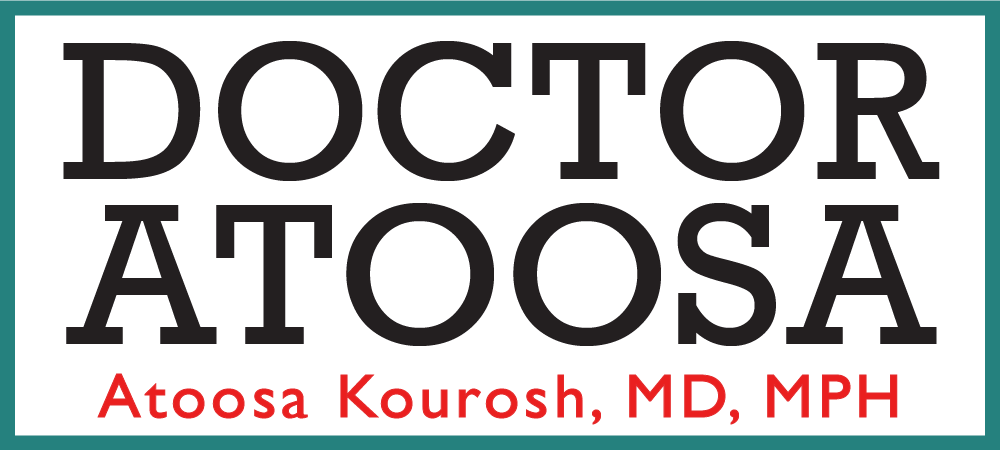How Does Integrative Medicine Differ from Holistic Medici
Both approaches share a commitment to treating the whole person—mind, body, and spirit—not just symptoms. But the biggest differences are in scope and structure:
Holistic Medicine is a philosophy of care.
It emphasizes balance and healing through natural or alternative approaches.
It may or may not include conventional (Western) medicine.
Some holistic practitioners work outside the traditional medical system and may not be licensed physicians or practitioners.
Integrative Medicine is a medical discipline.
It is practiced by licensed physicians and healthcare providers who blend conventional medicine with evidence-based complementary therapies.
It focuses on scientific validation of treatments and collaboration with the broader healthcare system.
Integrative medicine still uses prescription medications, surgeries, and diagnostics when appropriate—but supplements them with supportive therapies like yoga therapy, hypnotherapy, supplement therapeutics, acupuncture, nutrition, or mindfulness.
In summary
Holistic medicine = a philosophy of seeing the person as a whole, often using alternative or natural methods.
Integrative medicine = a medical practice that combines the best of conventional and complementary care, grounded in evidence.
How Holistic and Integrative Medicine Work Together
People often ask whether I practice integrative medicine or holistic medicine. The truth is, I draw from both approaches:
From holistic medicine, I embrace the philosophy that every person is more than their symptoms. Emotional wellbeing, lifestyle, relationships, and environment all play a role in health. I believe in listening deeply to each patient’s story and honoring the mind-body-spirit connection.
From integrative medicine, I bring the structure of evidence-based practice. I combine conventional medical tools like diagnostics, prescriptions, and procedures with complementary therapies such as nutrition counseling, mindfulness, acupuncture, and natural approaches—always guided by research and safety.
In practice, that means patients receive the compassion and whole-person focus of holistic care, along with the scientific grounding and treatment options of integrative medicine.
It’s not about choosing one path over another—it’s about creating a care plan that respects both your humanity and the best of medical science.
